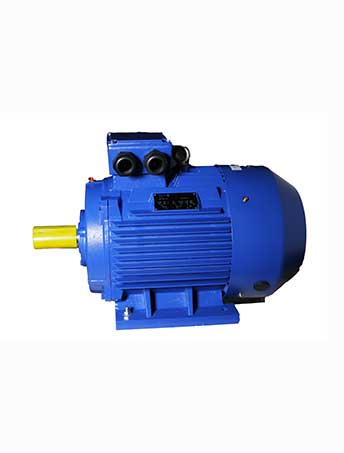
Frequency converter is a power control equipment that uses frequency conversion technology microelectronics technology to control AC motor by changing the working power frequency of the motor.
What protective effect can the inverter play on the motor? The inverter depends on the internal IGBT to adjust the output power supply voltage frequency, according to the actual needs of the motor to provide the required power supply voltage, then achieve the purpose of energy saving, speed regulation, in addition, the inverter has a lot of protection functions, such as over current, over voltage, overload protection so on.
1. Overvoltage protection
The output of the inverter has a voltage detection function, the inverter can automatically adjust the output voltage, so that the motor does bear overvoltage. Even when the output voltage adjustment fails the output voltage exceeds 110% of the normal voltage, the inverter will also protect the motor by stopping.
2. Grounding protection
The inverter is equipped with a special grounding protection circuit, which is generally composed of a grounding protection transformer a relay. When one two phases are connected to the ground, the inverter will alarm. Of course, if the user requires, we can also be designed to protect the shutdown immediately after grounding.
3. Stall protection
Stall protection is generally targeted at synchronous motors. For asynchronous motor, the stall during acceleration must be shown as overcurrent, the inverter realizes this protection function through overcurrent overload protection. Stalling during deceleration can be avoided by setting a safe deceleration time during debugging.
Choose the type of frequency converter, permanent magnet motor manufacturers suggest that according to the type of production machinery, speed range, static speed accuracy, starting torque requirements, decide which control mode of frequency converter is more appropriate.
